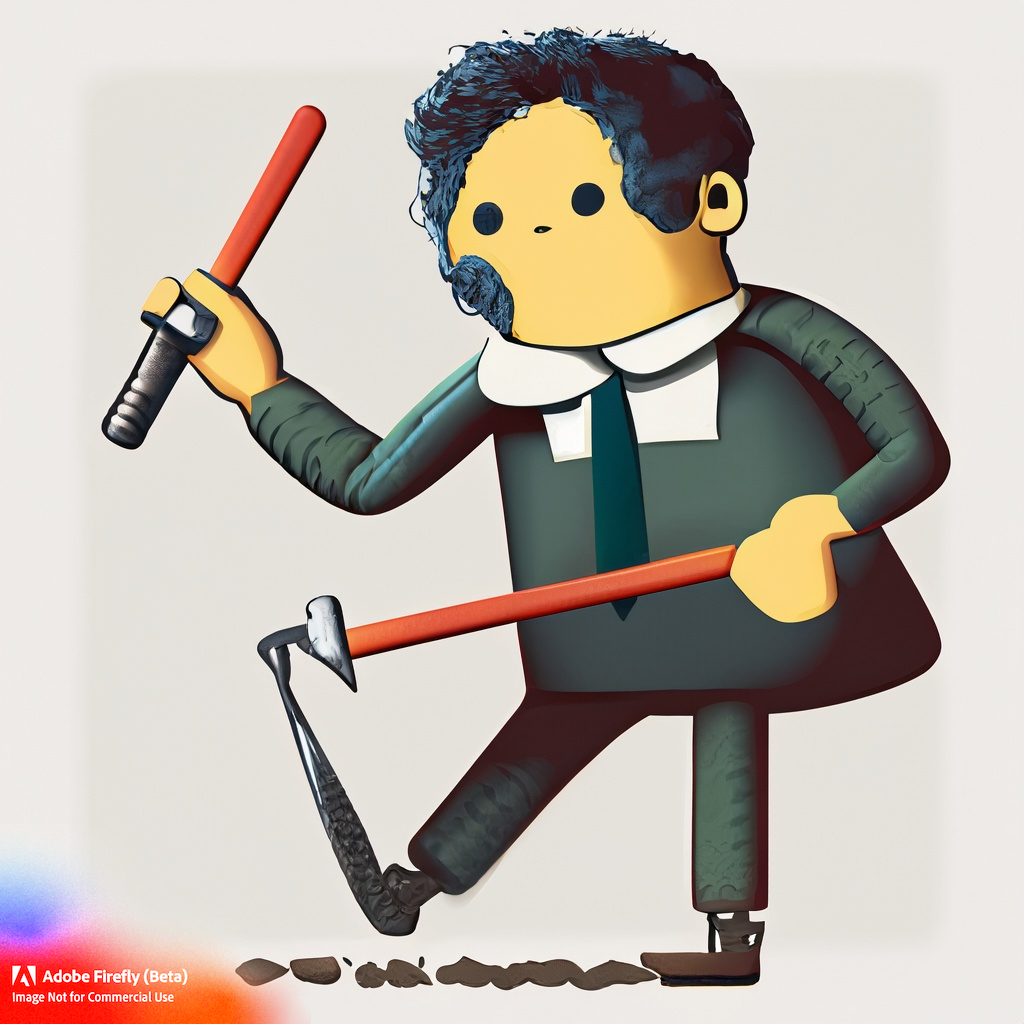I would like to talk about the case of Mata v. Avianca, Inc.1:22-cv-01461. More commonly known as: “That time a lawyer used ChatGPT to write their submissions and got caught”.
[Link for context: https://storage.courtlistener.com/recap/gov.uscourts.nysd.575368/gov.uscourts.nysd.575368.32.1_1.pdf]
Aside from the lawyer’s clear professional obligations to do the work, or at least check the work before submitting it, I would like to focus on what this situation says about the state of AI.
I have heard people say:
“It seems we are a long way from AI doing our jobs”
“AI will never be able to do legal work”
“I sure am glad that wasn’t me”
While I deeply sympathize with the third sentiment, I feel I must address what I see in terms of broad statements being made about the state of AI and the legal profession.
This Was a Case of the Wrong Tool for the Job; Not a Failure of AI
The sentiment that AI has failed or is inadequate can only be truly measured against the expectations. The subtext I read is that people are expecting AGI (Artificial General Intelligence) when we are in fact not there yet.
AI is a tool, and like any tool it has its place and context. A screwdriver is woefully inadequate as a tennis racquet. But I have nothing but respect for its value as a tool in our lives, just not for playing tennis.
ChatGPT is creative, it is a chat AI, it is meant to bounce ideas and be more entertaining than it is a repository of knowledge. Just because it is trained on so much data does not mean it is the tool for data authentication.
Pro Tip: Next time you ask ChatGPT something, follow up with “Are you sure?”
Get to the point, Counsel
The legal profession is an oddity amongst others: Lawyers are primarily writers, but they follow an entirely different (and sometimes antithetical) set of writing rules.
In law school they drilled: Point First Writing into our minds. People’s attention is at its peak in the beginning and end of a work, make your points right up front. Conclusion first.
This makes for terrible creative writing; leaving absolutely nothing for subtext or the reader’s understanding while spelling out the point multiple times (as in this paragraph for example)
This profession needs tools of the trade. It is precise and the stakes are high.
The state of AI in the legal profession is directly tied to those on the inside of both the tech and legal industries giving the care and attention necessary to provide a tool precise enough for excellence.
A Tool Precise Enough for Excellence
This is where I must share that I have been tirelessly training Experto AI’s models to have ZERO hallucination (the “creative” conjuring of unsubstantiated “facts”) while catering specifically to lawyers’ needs. Our AI model has absolutely no chance of providing false information, but this comes at the cost of creativity.
Finding the right balance for the job is key. Too creative and you lose that precision, too uptight and it becomes pedantic and needs your question to match the information provided nearly verbatim losing its value as a tool.
But the more narrow the task required of AI is, the better it is at performing it. “solve this case for me” is a big ask, but splitting the work into smaller bits makes AI a prodigy: “identify relevant legislation”, “what are the material facts?”, “what is the main takeaway from this case”…
I believe in a future where jobs are not taken, but lives are made easier though integrating the correct form of narrow AI for the tasks.
I hope we get to see it come to fruition together.
The future is bright,
Nawar
ABOUT THE AUTHOR

Nawar Kamel is CEO and Co-Founder of Experto AI Inc., and licensed Canadian lawyer in Ottawa, ON, Canada.
Nawar started his academic path studying philosophy and went on to get his masters in philosophy focusing on social contract theory from York University. Nawar graduated from the University of Ottawa Faculty of Common Law and was a litigator spending his days fighting in the courts on behalf of his clients until he went on to found Experto AI Inc., which was established to create AI tools geared towards lawyers and legal researchers.
